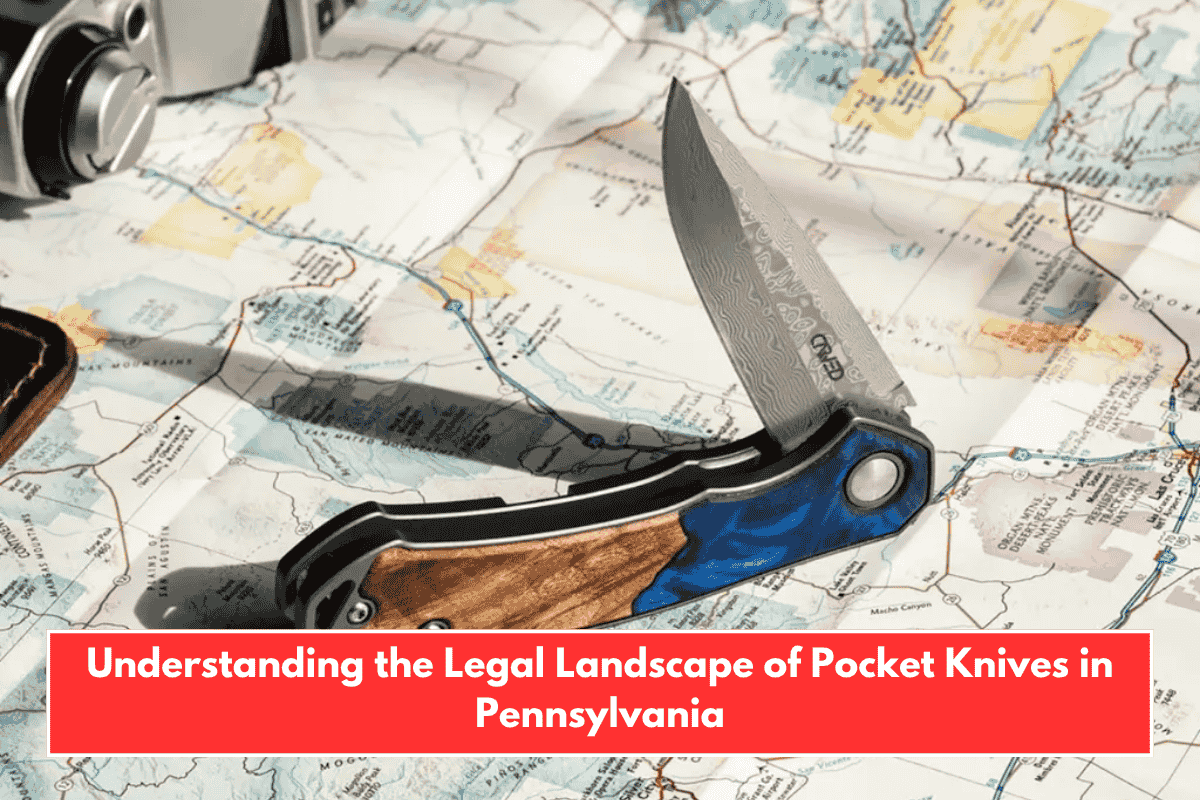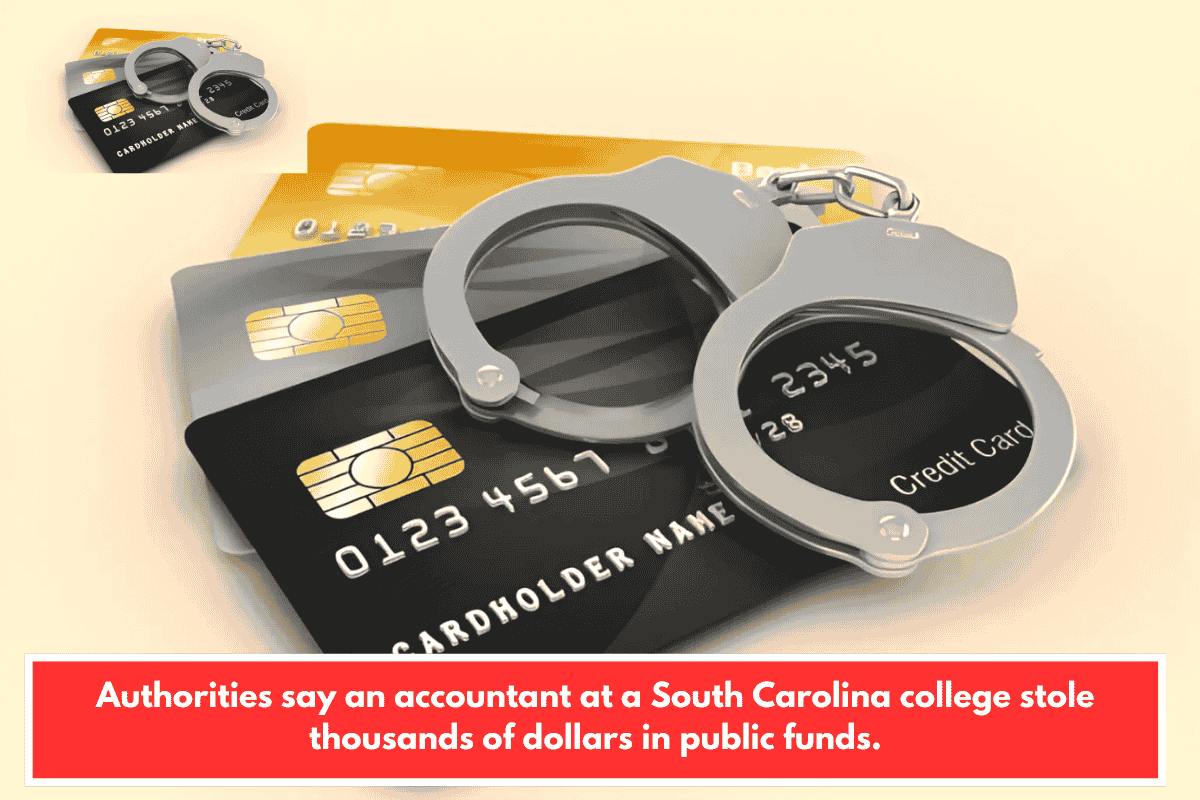Pocket knives are popular tools that many people carry daily for various reasons, such as self-defense, utility, or recreational use. However, in Pennsylvania, like many other states, there are specific laws governing the ownership, carrying, and use of pocket knives. Whether you’re a knife enthusiast, a daily user, or just curious about the legality of carrying a pocket knife in Pennsylvania, it’s important to understand the state’s rules and regulations regarding these items.
Pennsylvania’s Knife Laws: What You Need to Know
In Pennsylvania, the legality of pocket knives is primarily influenced by two factors: the blade length and the intent behind carrying the knife. Unlike some states that prohibit the carrying of certain knives outright, Pennsylvania focuses more on how and why the knife is carried.
Blade Length Restrictions
Pennsylvania does not have a specific statewide restriction on the length of the blade for pocket knives. However, the law focuses on whether the knife is considered a “dangerous weapon”. Under Pennsylvania law, it is illegal to carry a weapon concealed on your person with the intent to use it for criminal purposes. This means that if your pocket knife is used as a weapon, it may be subject to legal scrutiny, regardless of its size.
Generally, knives with blades longer than 3.5 inches might be more likely to be classified as dangerous weapons if carried concealed, especially if used in any threatening manner.
Concealed Carry of Knives
In Pennsylvania, concealed carry of knives falls under the broader category of carrying a concealed weapon. It’s legal to carry a pocket knife openly, but carrying one concealed without a permit may land you in trouble. If the knife is concealed and you do not have a valid concealed carry license for a weapon, you could face legal consequences, even if the knife is used for lawful purposes like cutting or opening packages.
However, it’s important to note that pocket knives specifically designed for utility, such as folding knives, are less likely to be considered as “dangerous weapons” unless they are used improperly or are of a type that can be classified as automatic-opening knives (switchblades).
Automatic Knives and Switchblades
In Pennsylvania, switchblades (automatic-opening knives) are illegal to carry, regardless of whether they are concealed or open. This is due to the classification of switchblades as “dangerous weapons.” A switchblade is defined as a knife that opens automatically with the push of a button or switch. Although automatic-opening knives are illegal to carry in most situations, they can still be legally owned in Pennsylvania as long as they are kept within the confines of your home or business.
It’s crucial to distinguish between a pocket knife (including folding knives) and a switchblade. While pocket knives are generally legal for use and carry (as long as they are not concealed and used for criminal intent), switchblades are prohibited under both Pennsylvania state law and federal law.
Intent Matters: Self-Defense vs. Illegal Use
The primary factor that determines whether carrying a pocket knife is legal in Pennsylvania is intent. If you carry a knife for a legitimate reason, such as self-defense or utility purposes, you are generally within your rights. However, if the knife is carried with the intent to use it unlawfully or to commit a crime, this could lead to serious legal consequences.
For example, if a person is found carrying a knife during the commission of a crime, such as robbery or assault, the knife could be considered evidence of an illegal intent, leading to more severe charges. Similarly, carrying a knife for self-defense is more legally accepted, but the context (such as whether the knife is used in an altercation) will heavily influence the outcome.
How Does Pennsylvania Compare to Other States?
In comparison to other states, Pennsylvania’s knife laws are relatively lenient, but they still carry important restrictions. Some states, like New York or New Jersey, have stricter laws regarding the ownership and carry of knives, including length restrictions and bans on certain types of knives. Pennsylvania, however, allows for the open carry of pocket knives and is more concerned with intent, concealed carry, and the classification of certain knives as dangerous weapons.
Be Mindful of the Law
If you’re considering carrying a pocket knife in Pennsylvania, it’s essential to understand the local laws and how they apply to you. Here are some takeaways:
- Open carry of pocket knives is legal in Pennsylvania.
- Concealed carry of knives may be subject to restrictions unless you have a valid concealed carry license.
- Switchblades and automatic knives are illegal to carry.
- Intent matters: Carrying a knife for self-defense or utility is usually acceptable, but using it as a weapon can lead to legal consequences.
As always, when carrying any weapon, including knives, it’s important to be mindful of local laws, follow guidelines, and understand the potential legal implications of your actions.
SOURCES
[1] https://www.akti.org/state-knife-laws/pennsylvania/
[2] https://tkellknives.com/knife-laws-in-pa-understanding-pennsylvanias-carry-regulations/
[3] https://www.pittsburghcriminalattorney.com/pennsylvania-knife-laws/
[4] https://ravencresttactical.com/pennsylvania-knife-laws/
[5] https://nobliecustomknives.com/us-knife-laws/pennsylvania-knife-laws/














